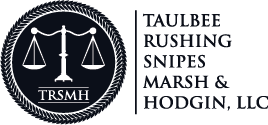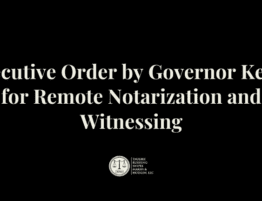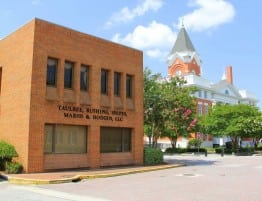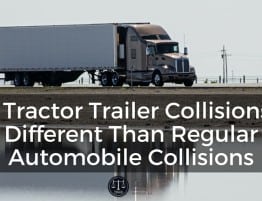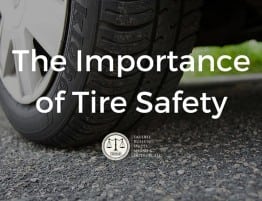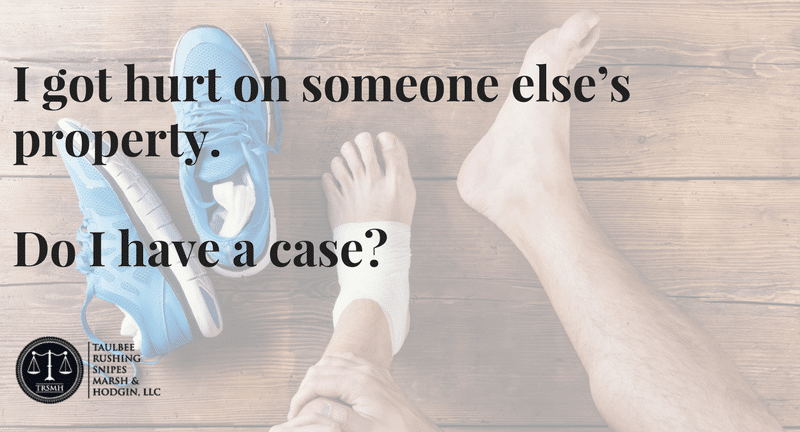
If you sustained an injury on property owned by another person or a corporation, it is important to get to an attorney experienced in the area of premises liability.
An experienced attorney will know the right questions to ask in order to assess whether you have a valid claim and the best way to move forward with your case. Each case is unique and, therefore, it is important to seek a legal opinion regarding the facts specific to your case. However, listed below are the basic elements of a successful premises liability case so that you will know what to expect when you meet with your attorney.
Negligence.
In order to be successful in a premises liability case, you must show that the property owner was negligent in some way. The classic examples of negligence include liquid spilled on the floor or a broken handrail on a staircase.
However, there are infinite ways that a property owner can be negligent and only an experienced attorney will be able to tell you if the particular facts of your case constitute negligence. Additionally, whether the property owner is considered negligent or not may depend on the reason you were on the property. For example, a customer shopping in a public store is owed a greater duty than a salesperson who enters the property for his or her own purposes. Therefore, it will be easier to show that the store owner was negligent in a case involving the customer rather than the case involving the salesperson. Your attorney will know to find out the reason you were at the store and be able to advise you accordingly.
Injury.
Even if the property owner was blatantly negligent, you do not have a viable case unless you can show that you were somehow injured. Some common examples of injuries resulting from premises liability include:
- Head injuries
- Traumatic brain injuries
- Neck and back injuries
- Broken bones
- Dog bites
- Drowning and other swimming pool injuries
- Assault or robbery resulting from inadequate security
- Parking lot accidents
- Elevator and escalator injuries
- Injuries related to faulty crowd management
- Injuries from toxic chemicals or fumes
Causation.
Finally, you must prove that the property owner’s negligence caused your injury. Even if you are badly injured, property owners (and their lawyers) will try to argue that something other than their negligence caused the injury.
A simple example of this type of argument would be a property owner claiming that the injured party’s choice of footwear was the cause of their fall. However, there are infinite excuses that defense attorneys will try to assert to keep from paying for your injuries. Only an attorney experienced in premises liability law will know to expect these kind of tactics and be able to prepare you to defend against them.
If you or someone you know has been injured on property owned by somebody else, please call us today for a free evaluation of your case.
- COVID-19 Release - March 16, 2020
- Why Tractor Trailer Collisions Are Different Than Regular Automobile Collisions - January 21, 2019
- The Importance of Tire Safety - January 17, 2019
